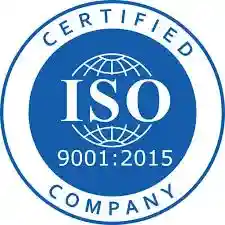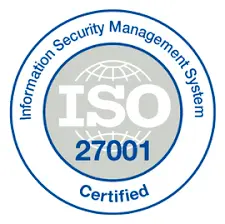What are Certifications?
Certifications are specific credentials conferred upon an individual to substantiate his competence to perform a specific job. A certification is a document that shows that you have been educated, trained, and are well equipped to meet certain criteria required to perform a certain role. This document is awarded to an individual only if he has cleared the assessments required and administered by an authorized third-party institution.
Professional certifications help individuals to advance in their careers, specifically in specialized industries such as information technology, human resources, and accounting. All certifications are not on an equal level, but they provide its bearer with the assurance of professional competence apart from the professional degree or work experience gained.
Certification is not a replacement but complements your education or professional experience. Certification is the designation that you earn and can put alongside your name to distinguish certified professionals from their uncertified counterparts.








